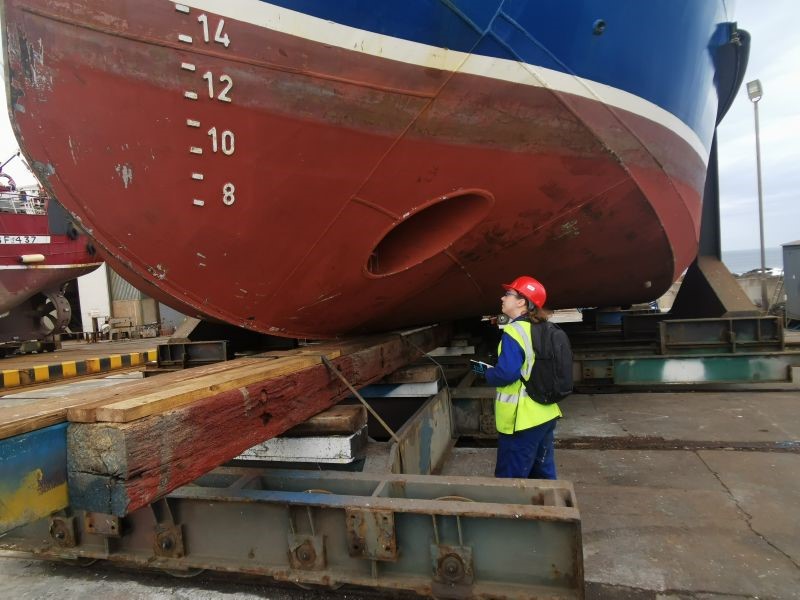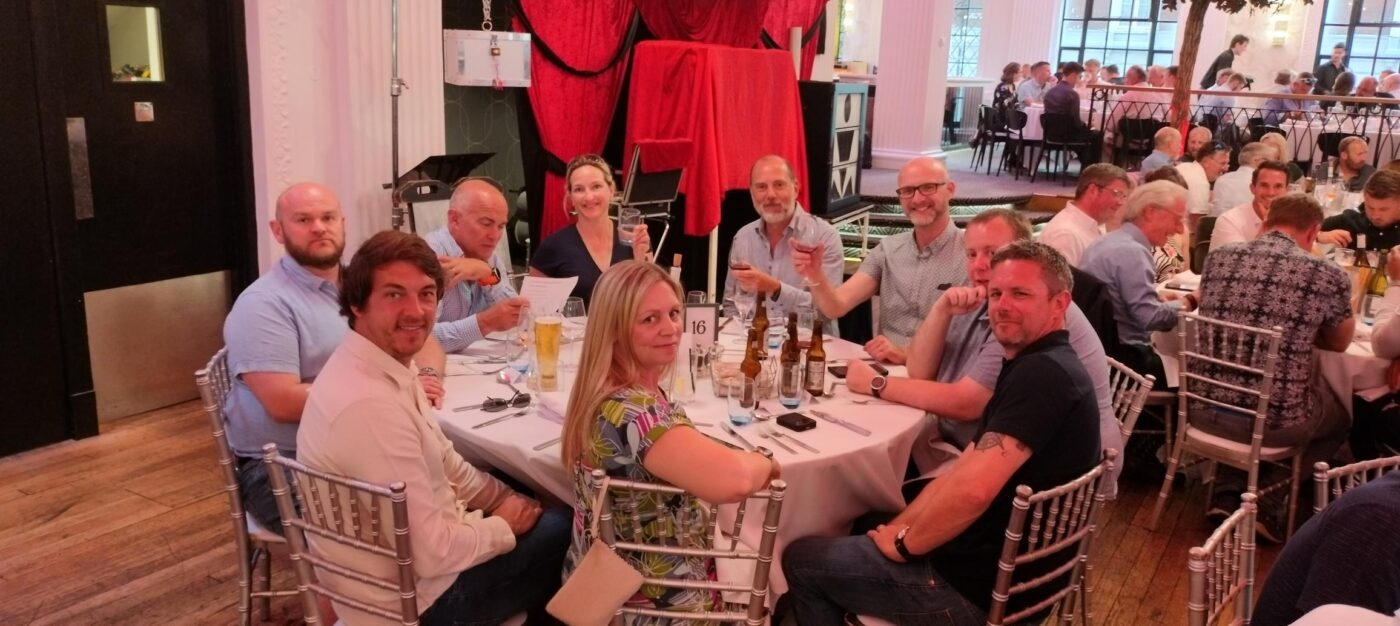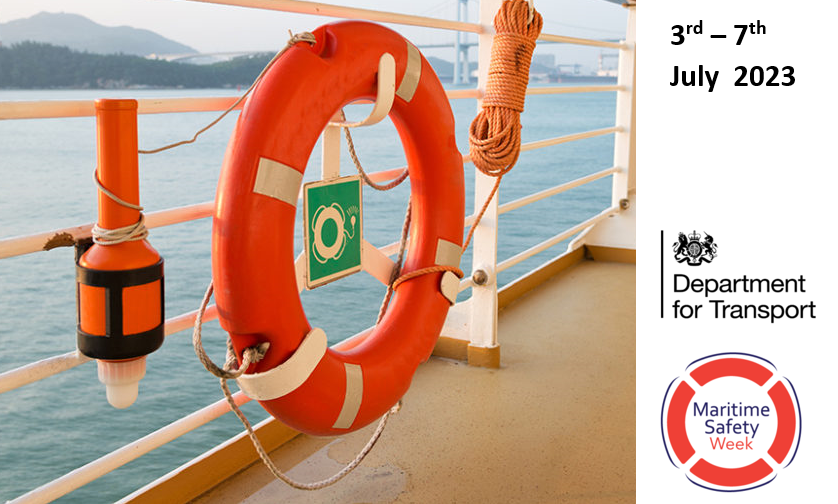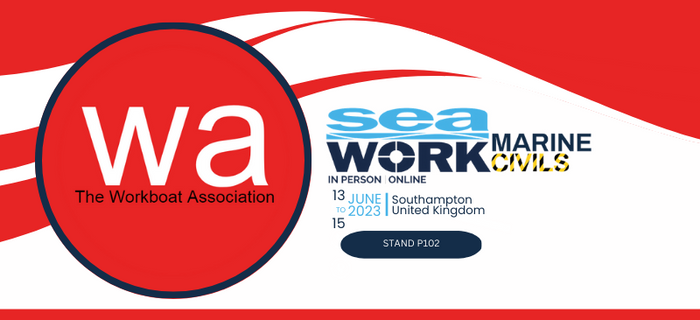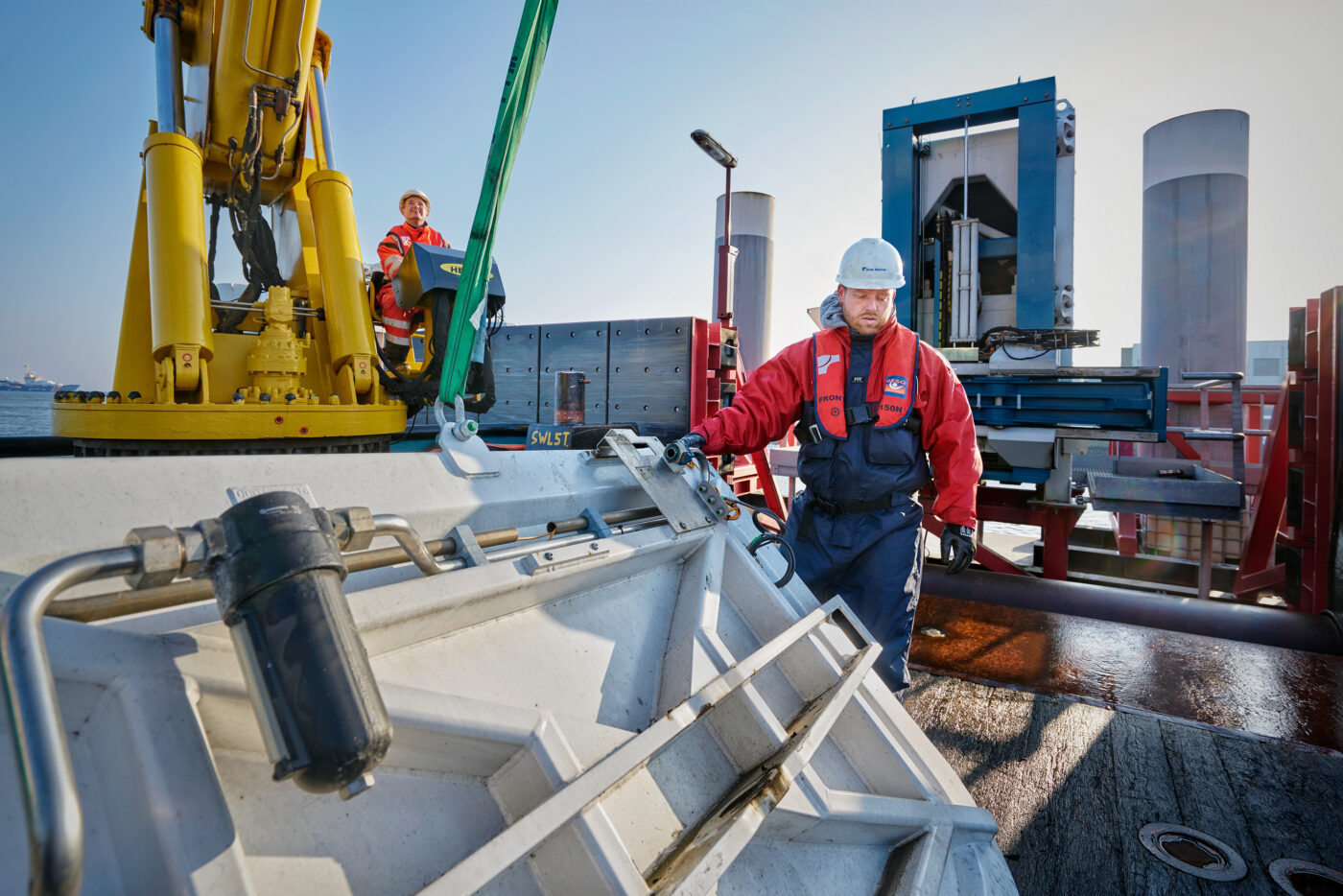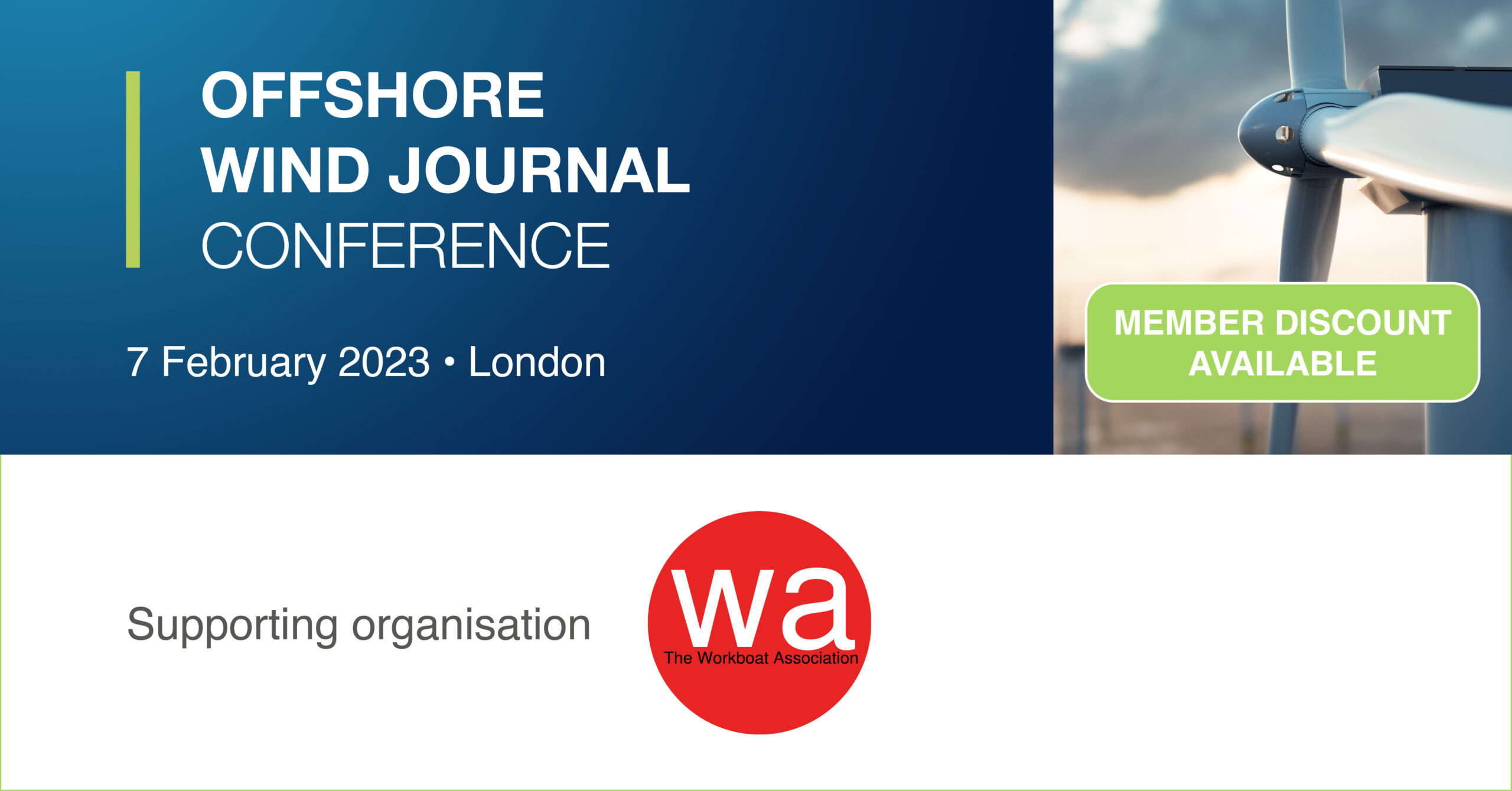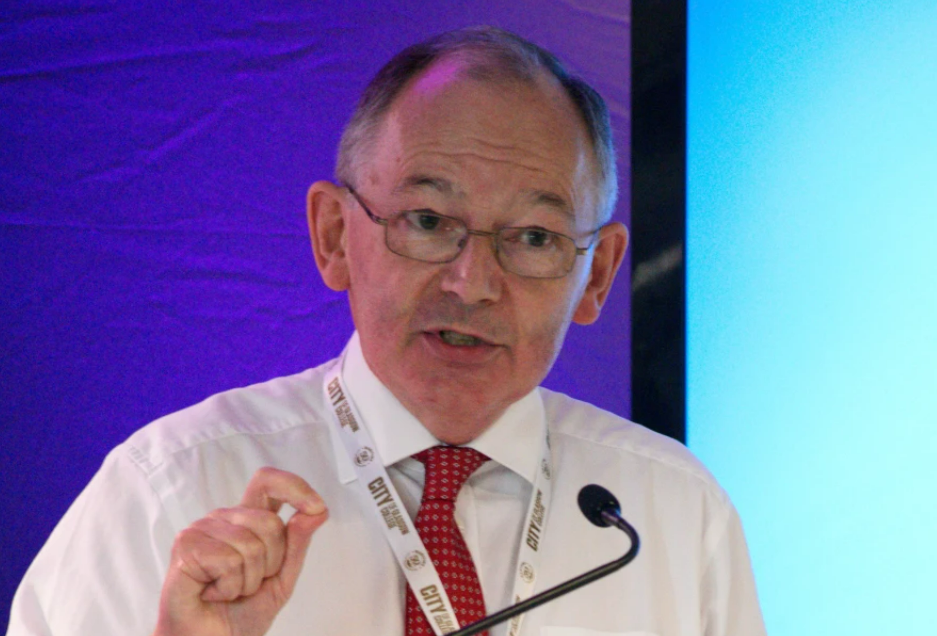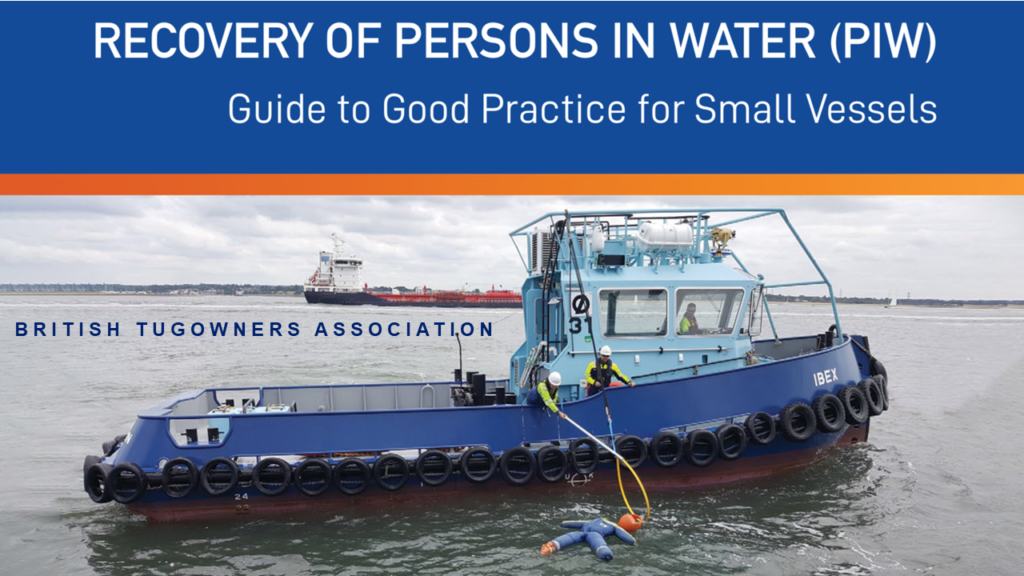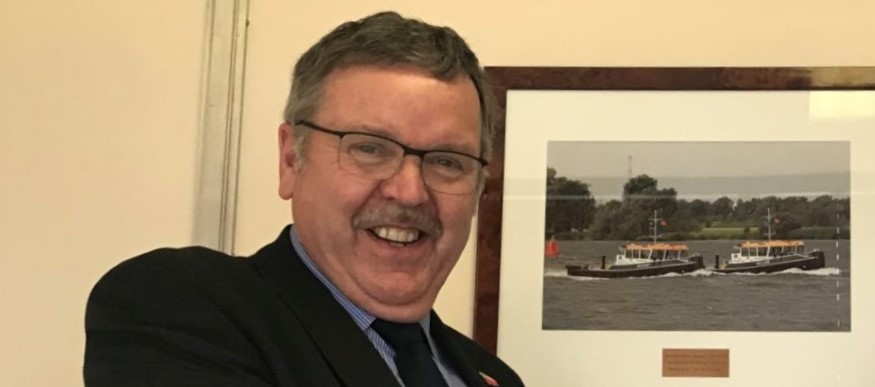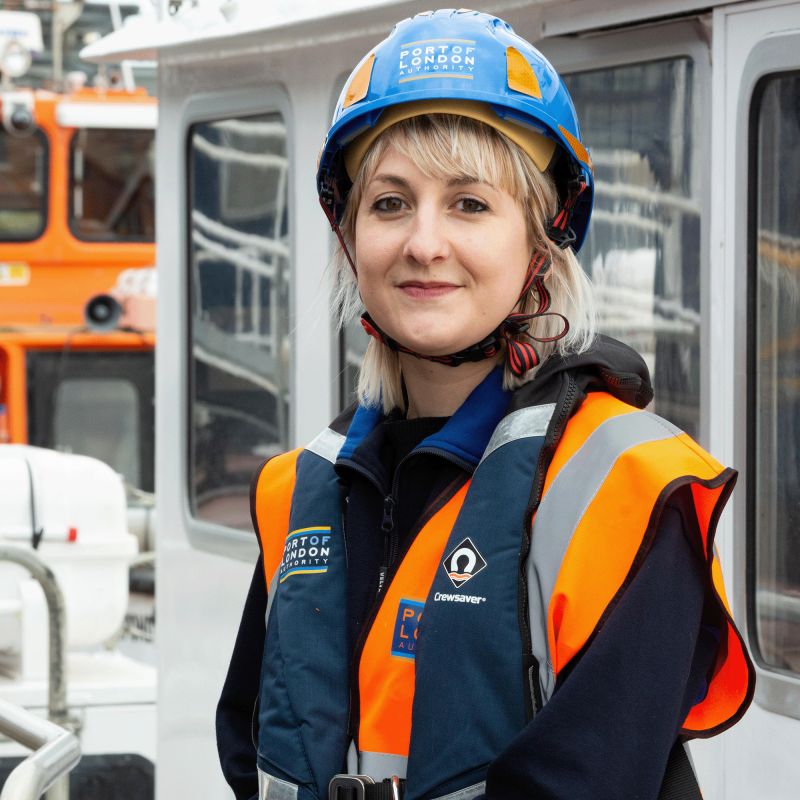Coracle is a Cambridge based Edtech firm that provides specialist Virtual Learning Environments. “Digital literacy is a right.” We believe that digital skills open up new opportunities. We want to help every prisoner increase their digital know-how and improve their life chances. There is a growing digital divide, one that is creating new challenges for prisoners […]


